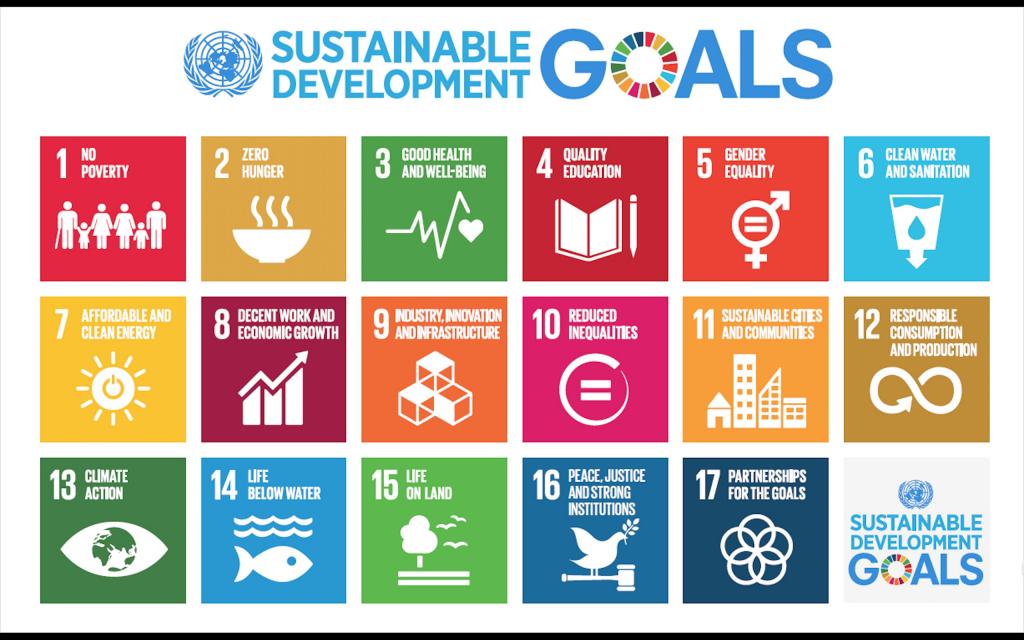In a recent article published in Development and Change and co-authored with Mareike Schomerus, Post-Doctoral Research Fellow Deval Desai argues that the democratic deficits of technocratic global governance are much more complex than they appear, and cannot simply be tackled by calls for more democratically accountable expertise.
Is global governance undemocratic? This is a key normative question for contemporary scholars of global governance, who grapple with what role of global experts ought to play. In recent years, these scholars have studied indicators as a common tool of technocratic governance. They argue that indicators—how they are created, implemented, and used—reveal just how undemocratic global experts can be in their exercise of power. The Millennium Development Goals (MDGs), for example, were developed behind closed doors by a handful of economists and social scientists. Yet these indicators became a commonly-accepted way of setting policy priorities for whole countries.
For scholars of global governance and expertise, indicators reveal how matters that should be determined by democratic political contestation are instead depoliticized and decided by expert fiat. These scholars then argue for more political debate (while respecting the technical nature of experts’ knowledge to a greater or lesser degree).
This article challenges this scholarly view. The article argues that technocrats themselves know and have internalized the above-described scholarly critiques of their work. The findings are based on my and my co-author’s experiences participating in indicator development workshops for the Sustainable Development Goals (the SDGs, which replaced the MDGs in 2015), specifically focused on developing indicators of the “rule of law” and “security”.
We find that these experts recognize the highly political nature of the policy matters for which they are trying develop indicators. The indicator is not a way of depoliticizing these issues. It is simply a framework for or commitment to future political conversations about these issues. Crucially, the expert participants in the workshops had first mover advantage to position themselves to take part in those future conversations – conversations that would bring them relevance and prestige. They positioned themselves as advocates, academics, or policymakers, as the future conversation might demand. The result? A series of indicators that were not really indicators, but provisional lists to be piloted, re-analyzed, and refined. And technocrats who were not depoliticized, but who, in benefiting from first mover advantage owing to their participation in the workshop, remained unaccountable for the political dimensions of their work. The article thus argues that we need a much more nuanced account of global experts, focusing on the ethics of their privileged participation in global governance as well as the politics of their pronouncements.



